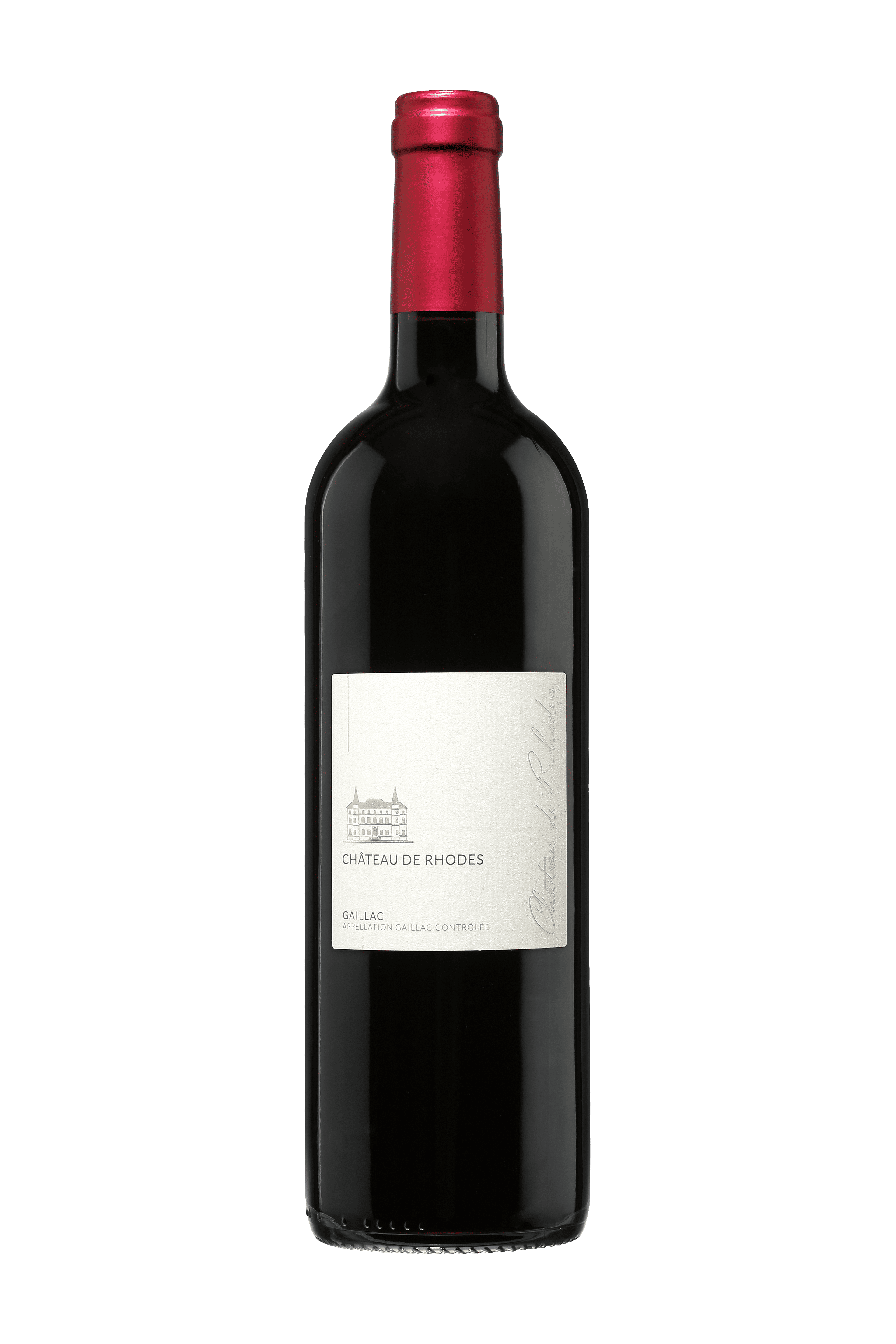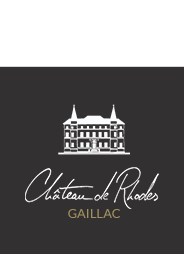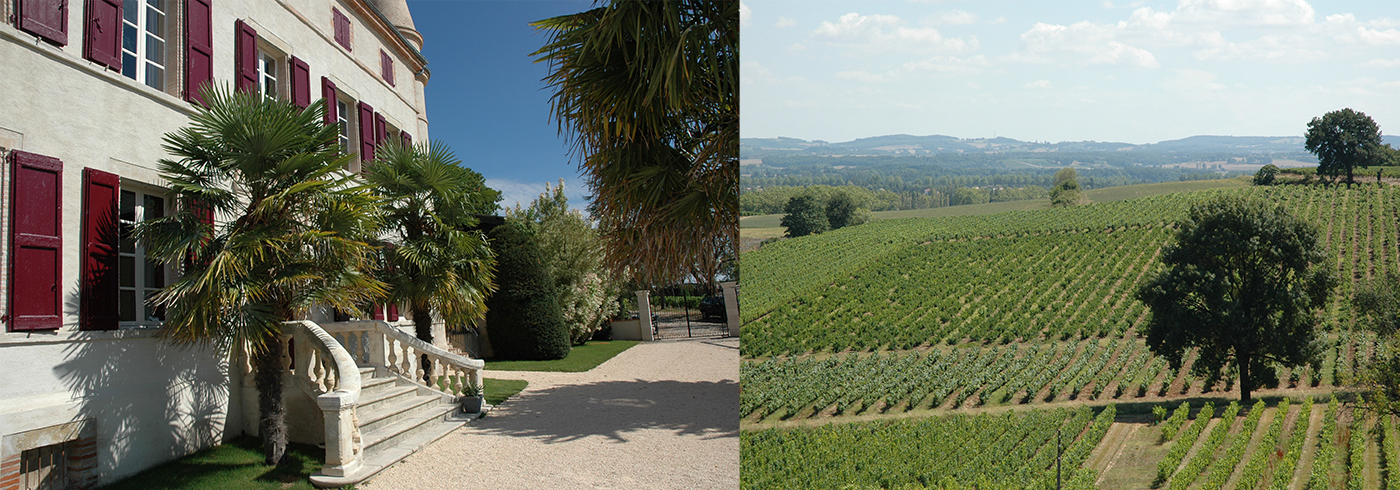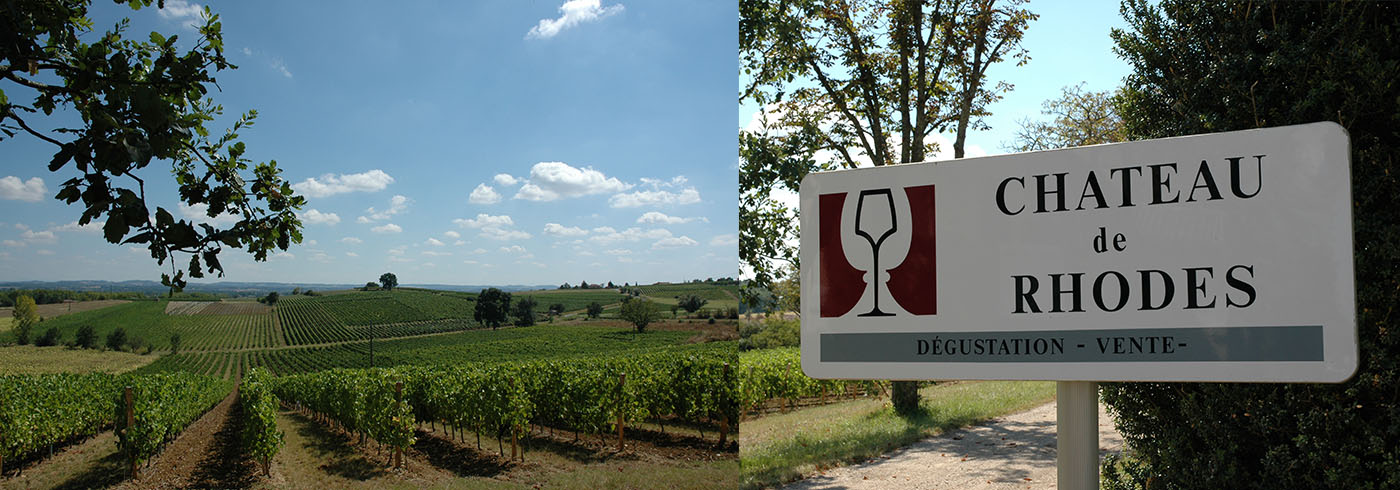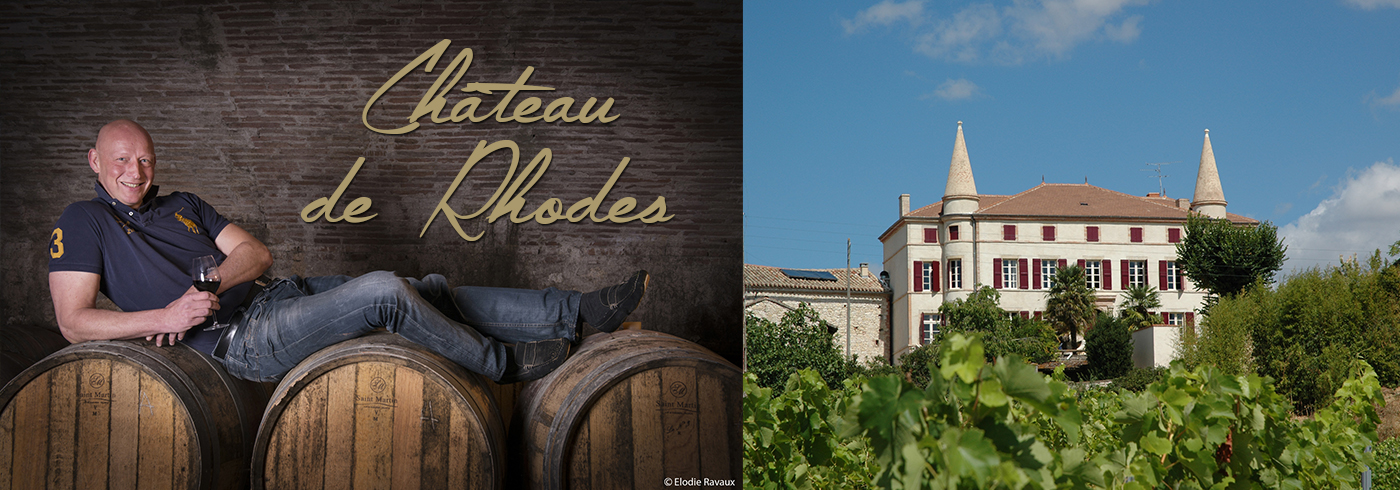Who are we ?
respect for tradition
The Château de Rhodes team’s main objective is to strive for ever-higher quality, based on the improvement of growing methods and winemaking techniques, with the utmost respect for tradition.
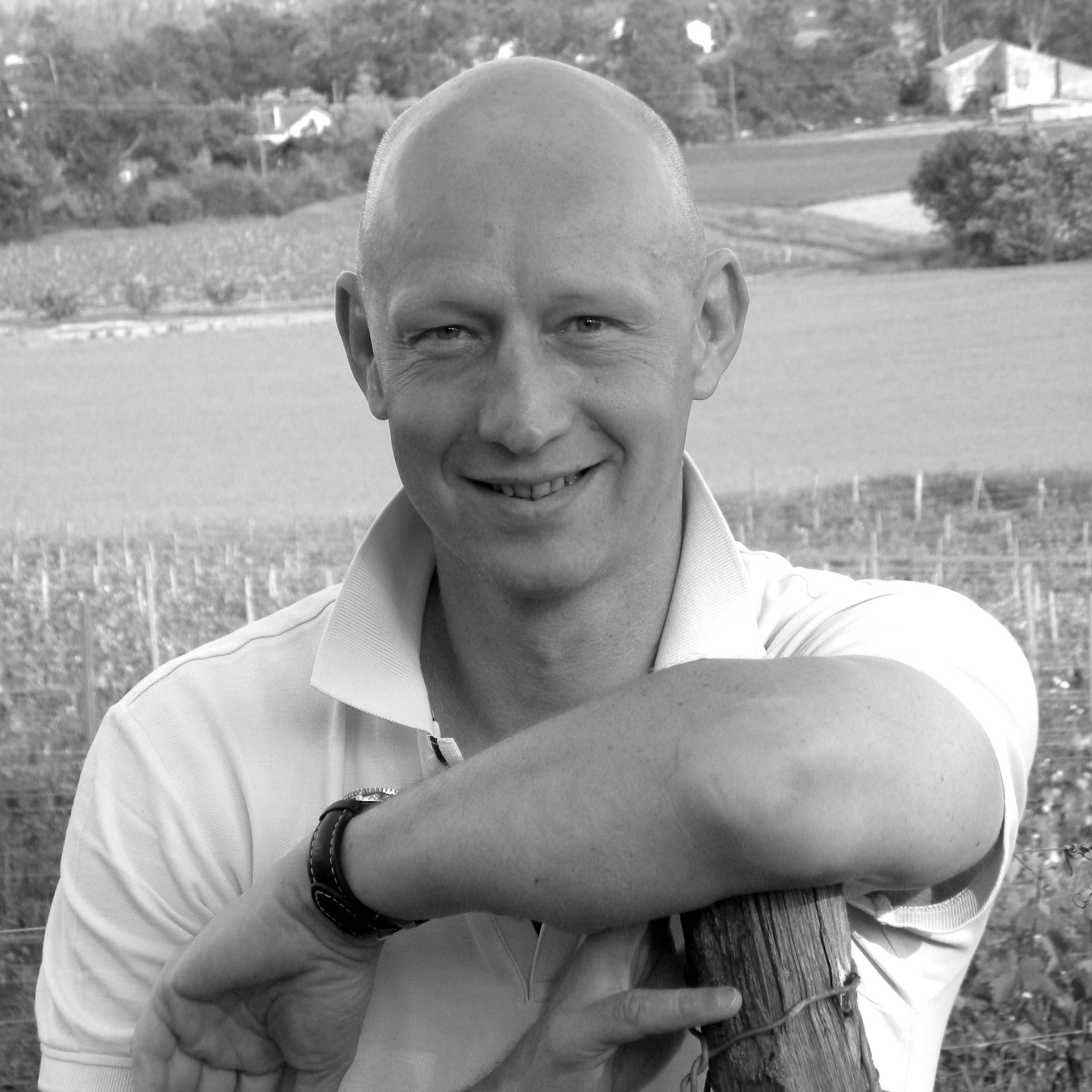
eric lépine
Wine enthusiast Eric Lépine has owned and run the estate since 2002.
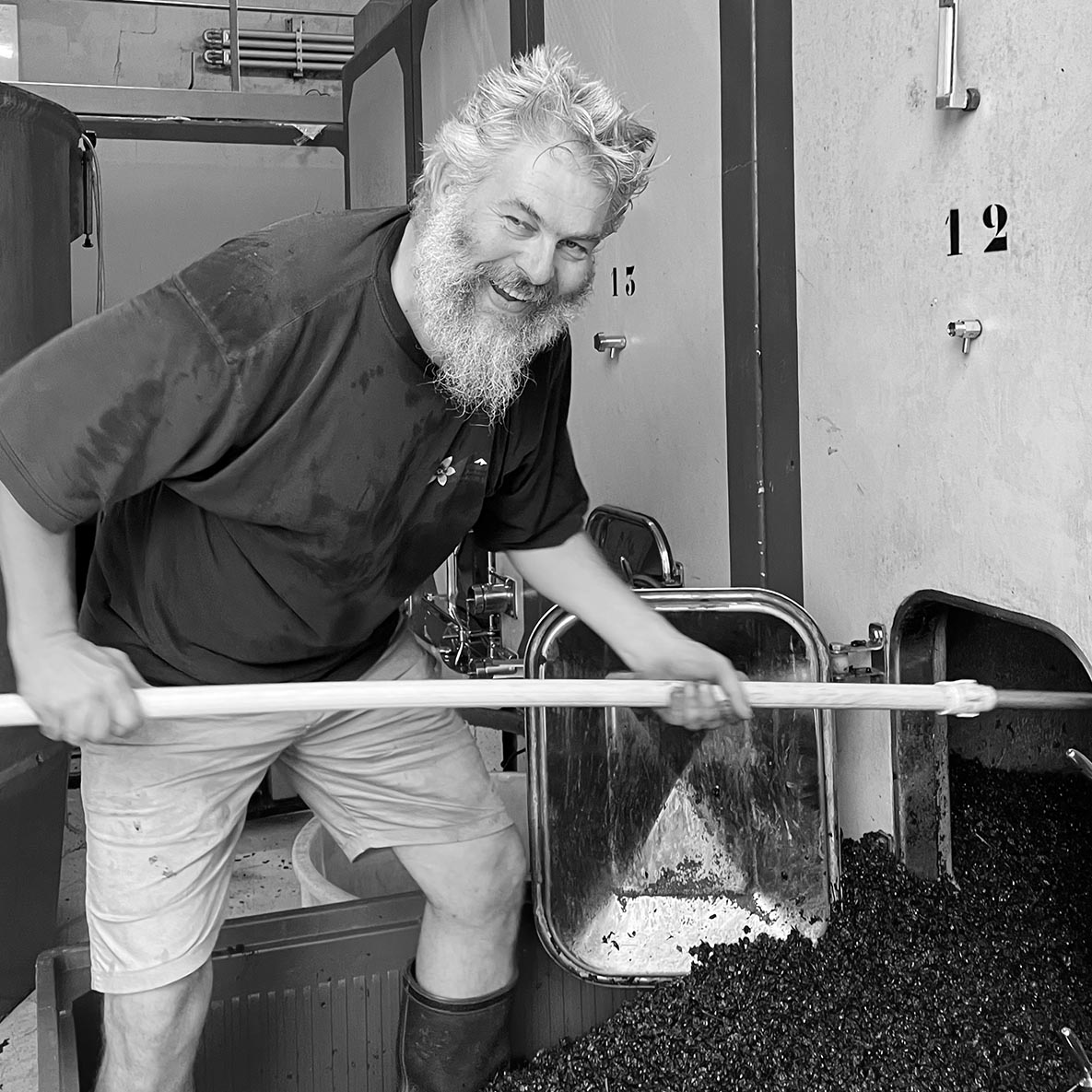
vincent lacharme
As an oenologist, he presses, runs, fills, labels and ships your bottles with the right paper: Vincent Lacharme.
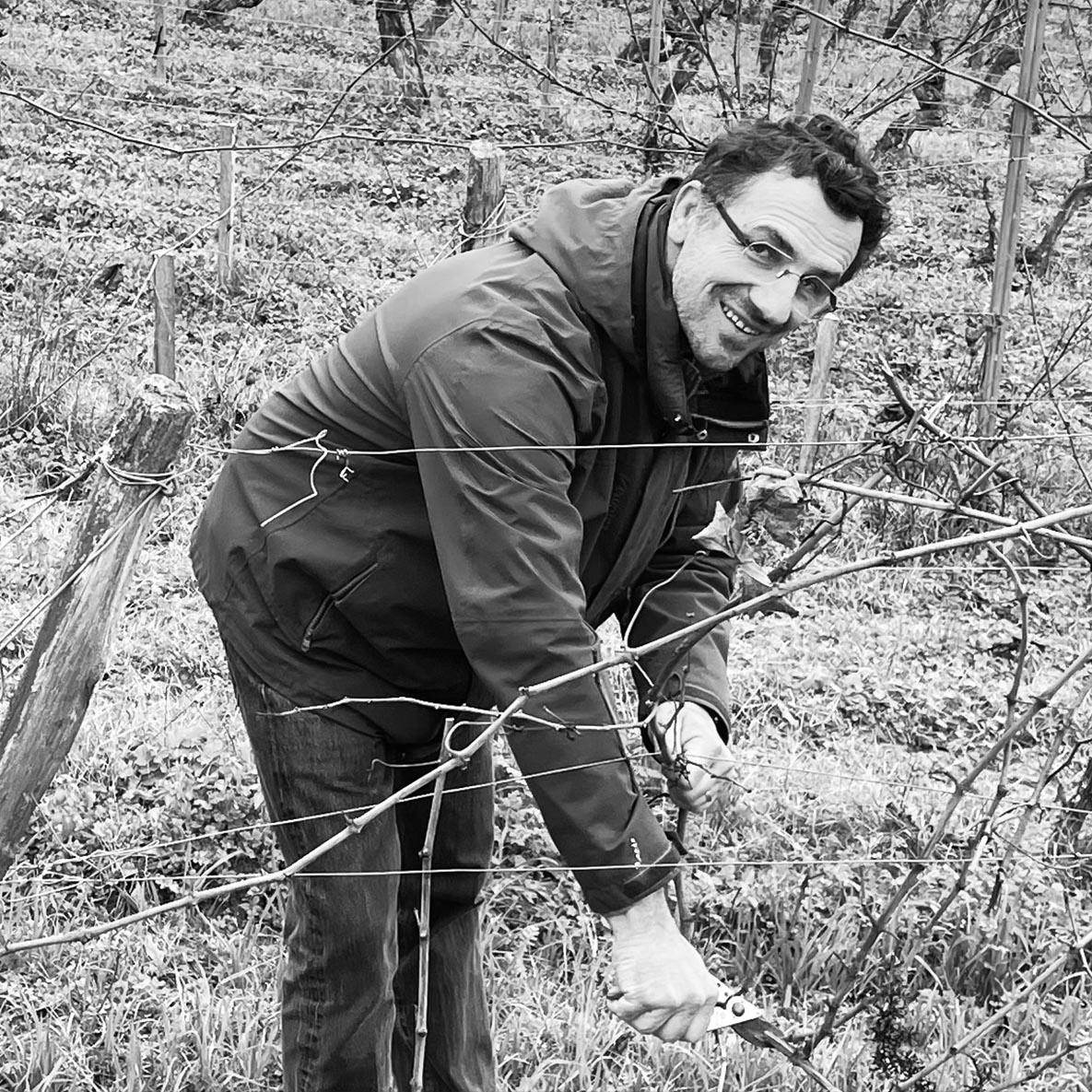
nicolas rech
He leads the team that takes care of the vines so that the grapes that arrive at the winery are the best possible, Nicolas Rech.
our estate
in the Gaillac vineyards
on the first slopes of the right bank of the Tarn river
The vineyards of Southwest France are among the oldest in France, offering a diversity of grape varieties, including some very ancient ones, that is unparalleled. The complexity of the terroirs and climates, the uniqueness of grape varieties like Duras, Mauzac, and Fer Servadou, endow the wines of Southwest France with great authenticity. The improvement in quality has led these wines, particularly those from Gaillac, to achieve one of the best price-to-quality ratios in the country. The origins of the Gaillac vineyard date back to the Roman occupation: its sparkling wine was prized long before the invention of Champagne. The vineyard extends across both banks of the Tarn River and can be divided into three terroirs: the terraces on the left bank, the Cordais plateau, and the slopes on the right bank where Château de Rhodes is located.
The team at Château de Rhodes has a major objective of constantly striving for higher quality, relying on the improvement of farming methods and winemaking techniques, while respecting traditions.
Work in our vineyards
FROM PRUNING TO YOUR GLASS, THROUGH THE PRESS
The vine, because it’s where it all comes from… The harmonious interaction of soil, location and climate is the foundation of a quality product. Thanks to this exceptional terroir and the care taken in winemaking, Château de Rhodes is one of the benchmarks of the Gaillac appellation. On the first slopes of the thousand-year-old Gaillac vineyard, the Lépine family cultivates around Château de Rhodes some 30 hectares of vines in an idyllic setting reminiscent of certain Tuscan landscapes. Some of our vines are over 60 years old, the majority are between 20 and 30 years old, and we continue to plant quality plots of local grape varieties. The exposure is perfect: south-southwest, giving us ideal ripeness. The vines have been farmed organically since 2008 for the reds, and since 2010 for the whites. The first “organic” wines are those of the 2011 vintage, certified by ECOCERT SAS.
This means:
-no chemical weeding, but working the soil to aerate it and bring it back to life,
-no synthetic treatments, only natural products in controlled doses: copper, sulfur, essential oils, clays, ….
-No chemical fertilizers, just natural composts and algae to gently enrich the soil and give the vines the elements they need, when they need them.
Yields are kept under control thanks to careful vineyard management: rational pruning, natural grass cover, careful de-budding and leaf-thinning. Harvesting takes place from the end of August, for the ancestral method, to the end of October for the liquoreux. Harvesting is either mechanical or manual, depending on the wine. Average planting density 5,000 vines/ha.
Winemaking
FROM PRUNING TO YOUR GLASS, THROUGH THE PRESS
All our wines are traditionally vinified in concrete vats coated with food-safe paint. Temperature variations are gentler than in other types of vats. Since the 2011 harvest, we’ve been letting the indigenous yeasts – those naturally present in the grapes and which will reveal the typicity of our terroir – do their work, rather than using selected yeasts. Fermentations are carried out at controlled temperatures.
Our red wines are aged in concrete vats for 1 to 2 years, then bottled. They are then stored in an exceptional underground vaulted cellar, made up of two bays of Toulouse bricks measuring 40 m by 7 m. This enables us to store bottled wines in excellent conditions, protected from light and sudden temperature changes. This cellar enables us to market “mature” red wines, ready for consumption!
We limit our inputs to the strict minimum: sulphur is added sparingly and is always justified by an analysis, fining – only when necessary – is done with egg, casein or clay, depending on the wine’s needs. In order to respect the aromas and structure of our wines, we do not carry out any tartaric stabilization and, in most cases, only filter once just before bottling. This explains the presence of a slight deposit at the bottom of some bottles, which has no effect on the quality of the wine.
Our wines have won numerous medals. See them all HERE
